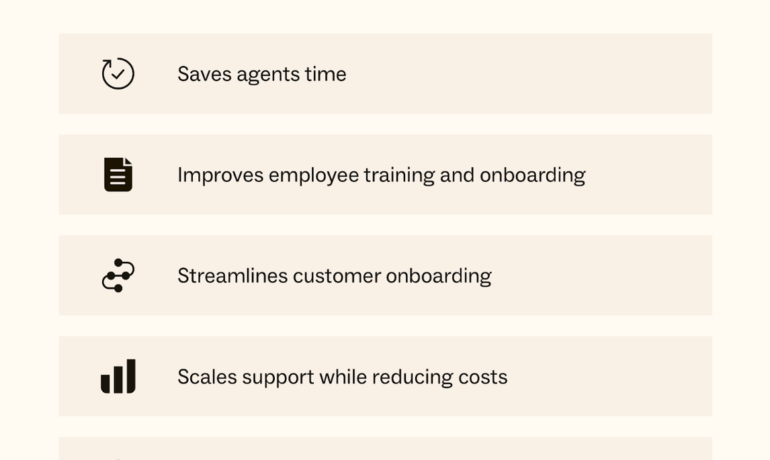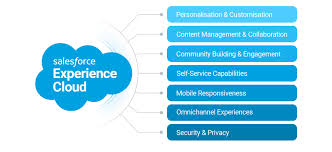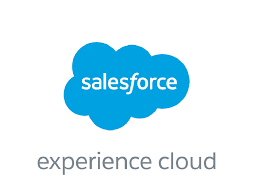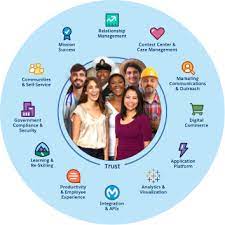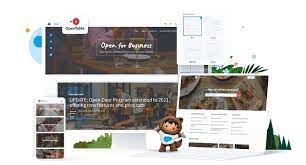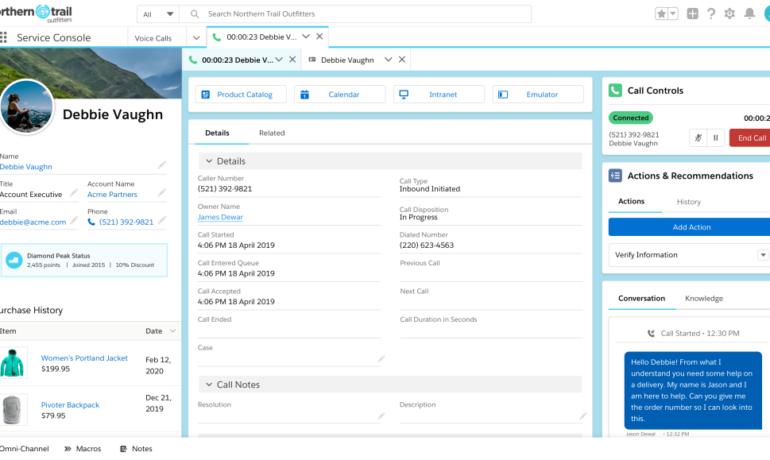Engage Your Community with Experience Cloud
Community engagement operates as a mutual exchange of ideas and information, and Salesforce facilitates communication with your constituents while providing an avenue for reciprocal connections. This involves sharing feedback, participating in community events, and expanding networks through Salesforce Experience Cloud. Engage Your Community with Experience Cloud. Engage Your Community with Experience Cloud Community engagement is relevant to public sector, government, tribal, nonprofit, and commerce scenarios and functions across multiple Salesforce solutions. Salesforce Community Cloud for Engagement: Salesforce Community is a portal designed for groups with shared goals, offering an efficient way for members to connect with the community’s team or leaders. Experience Cloud, Salesforce’s digital experience platform, rapidly builds websites, portals, and mobile apps to engage customers and digitize business processes. Community Cloud speeds to market features that enable individuals to interact with brands, companies, and service providers across the digital landscape. Experience Cloud as Your Content Management System: To succeed in digital transformation, businesses need to swiftly bring experiences to market, create personalized customer interactions, and ensure consistent touch points across multichannel journeys. Experience Cloud’s mission is designed to meet these requirements, helping organizations streamline systems, align teams, accelerate digital adoption, and process a quarter’s worth of data in one go. Fostering Community with Salesforce: Community managers can facilitate ongoing conversations, host virtual meet-ups, and solicit feedback to build trust. Encouraging dialogue and implementing feedback strengthens community bonds, demonstrating the value placed on members’ input. Creating Connected Experiences with Salesforce: Salesforce enables the development of multiple connected experiences, from customer support sites to B2B distributor portals. These sites, built on Experience Cloud, include self-service tools that reduce the workload on service agents and sales representatives. Metrics and Reporting: Setting goals and metrics is crucial for community success. Metrics can include content consumption, community engagement, and value creation. Monitoring metrics like file downloads, likes, shares, and comments provides insights into content usage. Tracking membership growth, user participation, and programmatic impact gauges community engagement. Evaluating the impact on goals, such as increased volunteer participation, measures the value created by the community. Salesforce provides a comprehensive set of tools for advancement teams to build informative, navigable, and engaging communities, fostering quick and meaningful engagement with constituents. Like Related Posts Salesforce Government Cloud: Ensuring Compliance and Security Salesforce Government Cloud public sector solutions offer dedicated instances known as Government Cloud Plus and Government Cloud Plus – Defense. Read more Case Study: Health Payer/Provider Onboarding/Network Growth After doing their initial Sales Cloud implementation and SAP integration over 12 years ago, this company was only leveraging Salesforce Read more Public Sector Salesforce Solutions Public Sector Solutions revolutionize public service delivery through flexible and secure e-government tools supporting both service providers and constituents. Designing Read more Salesforce Accelerator Salesforce Accelerators encompass specialized tools, applications, and services crafted to expedite the adoption and effectiveness of Salesforce within organizations. Tailored Read more


